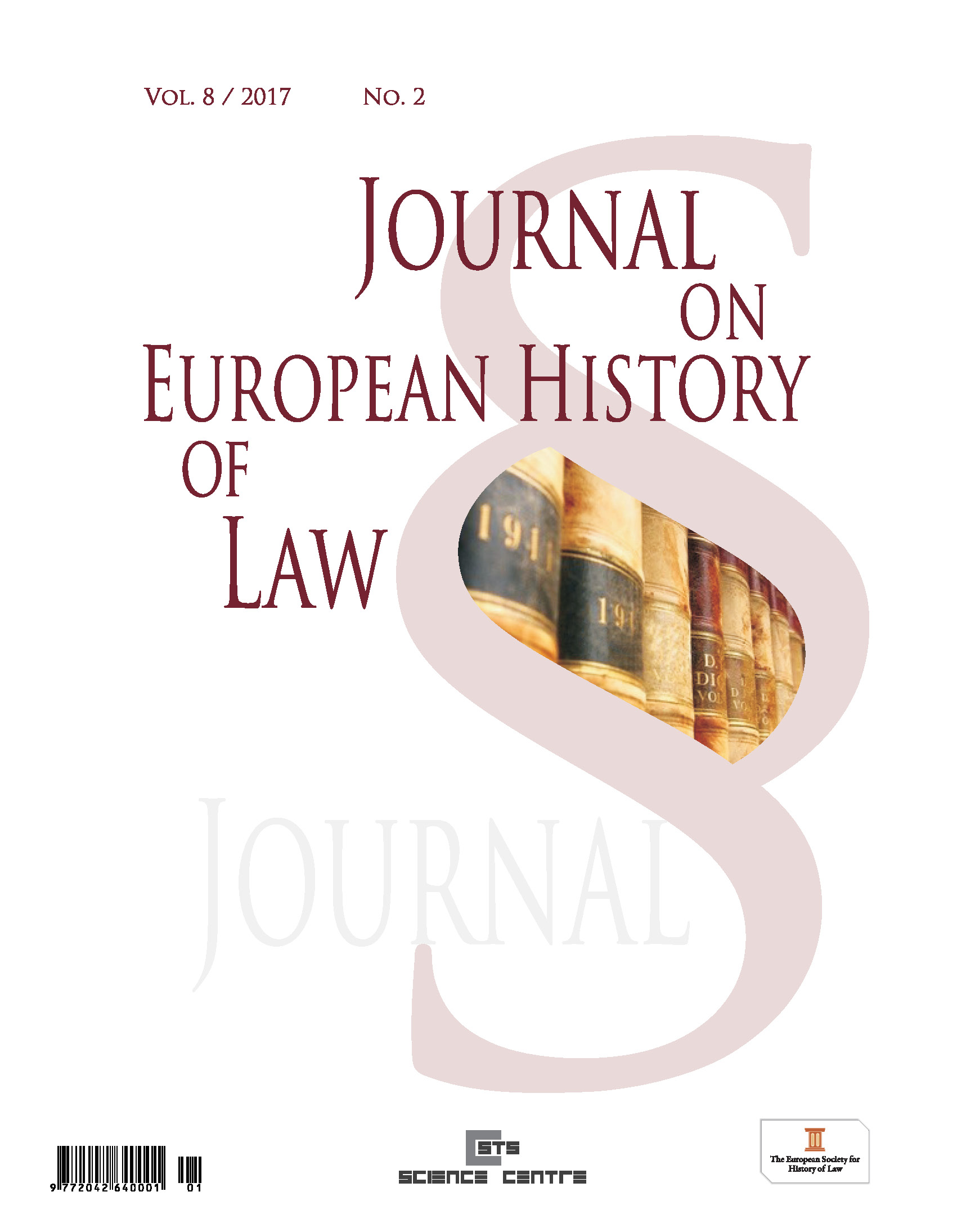Changes and Influences on Jury Advocacy in England and Wales during the Second Half of the Twentieth Century
Changes and Influences on Jury Advocacy in England and Wales during the Second Half of the Twentieth Century
Author(s): Andrew WatsonSubject(s): History, Law, Constitution, Jurisprudence, History of Law, Recent History (1900 till today)
Published by: Evropská společnost pro právní dějiny, z.s.
Keywords: England; Advocacy; Twentieth Century;
Summary/Abstract: Alterations in advocacy during the second half of the 20th Century before juries in English and Welsh courts, are considered. Reasons for them included: falling away in the use of Aristotle’s ancient order of closing speeches, an enormous expansion in eligibility to serve on juries, following the Juries Act 1974, resulting in major adjustment to the way jurors were addressed and to different allusions and references used by advocates; reduction, and eventual abolition, by the Criminal Justice Act, 1988, of peremptory challenge of jurors; prosecutions conducted in greater measured tones and more methodical and less aggressive defences; reduced weight given to police evidence by jurors; less heavy drinking , generally little discussed, by some barristers, and the positive effects of this on their performance in court; a rise of plea bargaining and the need to mitigate effectively after guilty pleas; introduction of Social Enquiry Reports and their effect on pleas in mitigation; the need to make, and respond to, submissions arising out of key changes in evidence and procedure.
Journal: Journal on European History of Law
- Issue Year: 8/2017
- Issue No: 2
- Page Range: 13-21
- Page Count: 9
- Language: English

